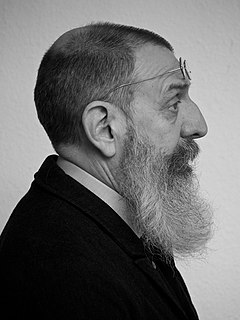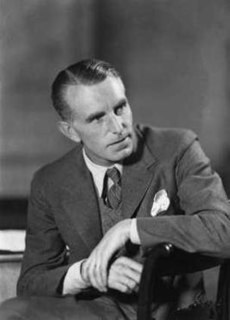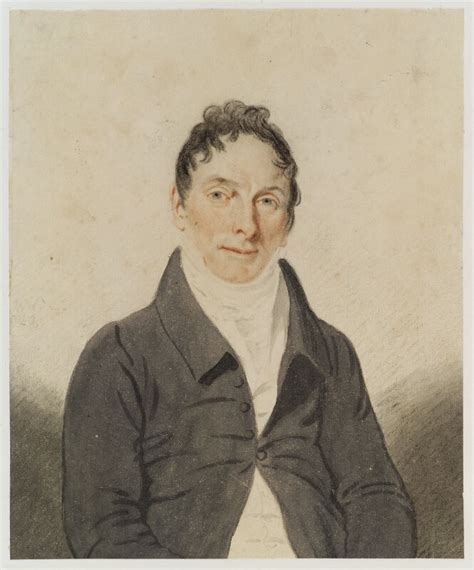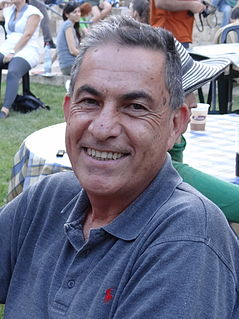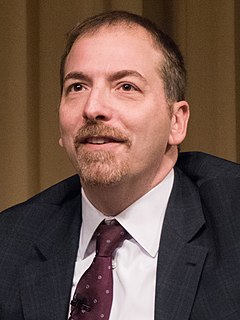A Quote by Ian Sansom
If there is a lack of specificity in Grossman's description of the town and the walkers, and if the story perhaps sometimes becomes lost and confusing, then it is because the landscape and its inhabitants are really shadows, creatures of an interior world, whose journey and whose quest are within. Falling Out of Time is short, and clearly a deeply personal book, but its importance and impact ought not to be underestimated.
Quote Topics
Related Quotes
I realized clearly, perhaps for the first time, what strained and anxious lives dogs must lead, so emotionally involved in the world of men, whose affections they strive endlessly to secure, whose authority they are expected unquestioningly to obey, and whose mind they never can do more than imperfectly reach and comprehend.
The luckiest person in the world is somebody who is born into a small, shabby-genteel town on a major railway connection with 24,000 souls and a bird sanctuary and whose grandfather owns a farm and whose father owns a business -whose family is mildly prosperous but not rich, which means you can leave the town.
The time has come when we cannot be so careless. Unless we do better, we may suffer through a stark emergency of the environment. We may create a hostile world: a world to bruise ourselves against; a world of sprawling cities, unplanned or badly planned; a world whose water is full of sludge, whose winds are full of soot; a world whose landscape has been totally neglected, stripped, marred, and wasted. All of this need not happen if we choose well, and particularly if we plan well and if we act well.
Perhaps the author cited is one of those, who, shunning the practice of the world, have taught the world to shun return! whose poetry is too finely spun, whose philosophy is too and mystified for popular demand: perhaps we have experienced feeling which Mr. Wordsworth alludes to, in a poem worthy of simplicity and loneliness of the sentiment "Often have I sighed to measure By myself a lonely pleasure; Sighed to think I read a book Only read perhaps by me!
The greatest book is not the one whose message engraves itself on the brain, as a telegraphic message engraves itself on the ticker-tape, but the one whose vital impact opens up other viewpoints, and from writer to reader spreads the fire that is fed by the various essences, until it becomes a vast conflagration leaping from forest to forest.
Friends now fast sworn,
Whose double bosoms seems to wear one heart,
Whose hours, whose bed, whose meal and exercise
Are still together, who twin, as 'twere, in love,
Unseparable, shall within this hour,
On a dissension of a doit, break out
To bitterest enmity; so fellest foes,
Whose passions and whose plots have broke their sleep
To take the one the other, by some chance,
Some trick not worth an egg, shall grow dear friends
And interjoin their issues.
Your Remedy is within you, but you do not sense it.
Your Sickness is from you, but you do not perceive it.
You Presume you are a small entity,
But within you is enfolded the entire universe.
You are indeed the evident book,
By whose alphabet the hidden becomes the manifest.
Therefore, you have no need to look beyond yourself,
What you seek is within you, if only you reflect.
Perhaps randomness is not merely an adequate description for complex causes that we cannot specify. Perhaps the world really works this way, and many events are uncaused in any conventional sense of the word. Perhaps our gut feeling that it cannot be so reflects only our hopes and prejudices, our desperate striving to make sense of a complex and confusing world, and not the ways of nature.
Suddenly I find myself feeling sorry for those greedy, needy people whose huge salaries are never quite enough, whose sense of worth is defined by their own personal wad. What a diminished, impoverished world they must inhabit ... We should feel sorry for them and their sadly limited lives. Then we should remember never to trust the judgement of those whose priorities are so idiotically skewed.
Folks, some of these town halls are clearly organized. But, regardless, there are potential warning signs that Republicans perhaps shouldn`t ignore.We heard Democrats dismiss this anger at their town halls back it 2009 as, oh, that`s right, AstroTurf movements. And then, they lost the House in a big way.
